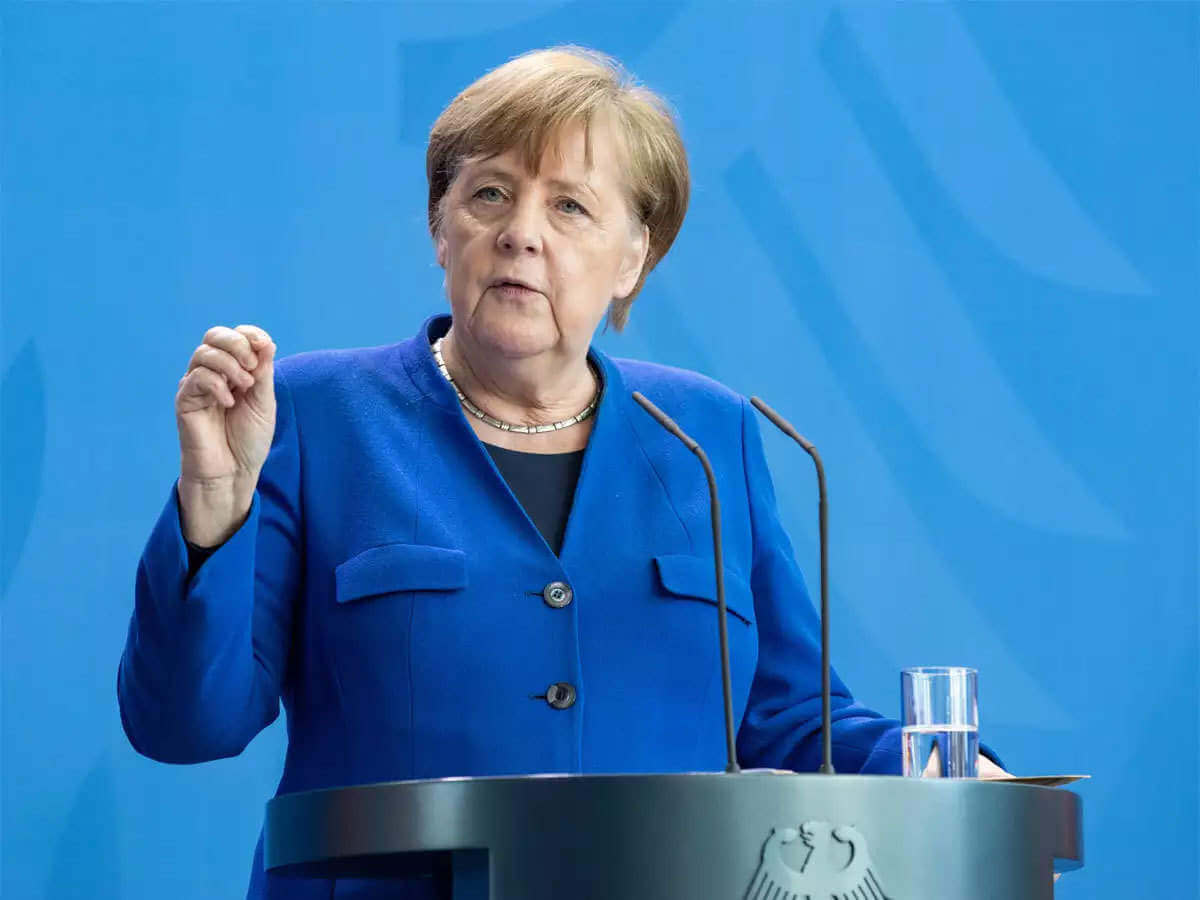German Chancellor Angela Merkel voiced her “considerable doubts” over whether to proceed with the European Union’s (EU) trade deal with Mercosur, due to the latter’s member-states’ disregard for environmental protection. In particular, Merkel is concerned about deforestation in the Amazon rainforest, which has been vastly accelerated under Brazilian President Jair Bolsonaro.
The German government’s spokesperson, Steffen Seibert, said, “We have serious doubts about whether the agreement can be implemented as planned when the situation is seen.” He added, “We are skeptical. The Amazon affects the whole world.”
These statements follow a meeting between Merkel and the Fridays for Future movement, which is led in part by youth activist Greta Thunberg. Following the meeting, another leader of the movement, German climate activist Luisa Neubauer, said, “Angela Merkel approved our criticism of the agreement with Mercosur, and she does not intend to sign it.” She further said that Merkel had said that she would “definitely not sign” the deal with Mercosur.
Recently, France, too, threatened to withdraw from the EU-Mercosur deal if Brazil did not curb fire-setting and deforestation in the Amazon. The agreement must be ratified by all 27 EU member states, but now faces significant roadblocks with powerful countries like France and Germany threatening to veto the passage of the deal. The agreement, if signed, would create the world’s largest free-trade zone.
Brazil’s National Institute for Space Research (INPE) estimates that deforestation between August 2019 and July 2020 increased by around 35%. In 2019, the first year of Bolsonaro’s rule, Amazon deforestation rose by 29% to an 11 year high, severely threatening both the environment and the 900,000 Indigenous peoples of Brazil. When the Amazon fires were at their peak last year, he refuted INPE data and then dismissed the agency’s chief.
This year, the deforestation rate between January and May was 22% higher than during the same period in 2019. In July, INPE data revealed that deforestation in the Amazon rainforest increased for the 14th consecutive month, marking the highest level of deforestation since 2005. In addition, INPE recorded 2,248 fires in the Amazon in June, the highest such number since 2007. However, Bolsonaro has claimed that government imposing a temporary 120-day ban on the practice are “lies”. In truth, despite the ban, fires in the rainforest and 28% higher than at the same time last year.
Alongside countries, several European businesses are also threatening to divest from Brazil, which throws the economic viability of such a deal into further doubt. In June, a group of 29 companies, the vast majority of which are European, sent a joint letter to Brazilian ambassadors in their respective countries in which they threaten to divest from beef producers, grains traders, and government bonds if the Brazilian government does not adequately commit to tackling deforestation in the Amazon rainforest. The companies, which include Legal & General Investment Management Ltd, Sumitomo Mitsui Trust Asset Management, and NN Investment Partners, hold a combined total of over $3.75 trillion in assets.
While parties from both sides remain fairly optimistic of a deal being signed, it is clear that there are growing tensions between the EU and Mercosur. This is particularly significant, given that two of the principal drivers of EU foreign policy, Germany and France, have been so critical of Brazil’s environmental policy. It remains to be seen whether these complaints will endure and significantly impact the trajectory of negotiations.
Merkel Throws EU-Mercosur Trade Deal Into Doubt, Voices Concerns Over Amazon Deforestation
Her statements follow a meeting between Merkel and the Fridays for Future movement.
August 25, 2020

IMAGE SOURCE: GETTY IMAGESGerman Chancellor Angela Merkel
